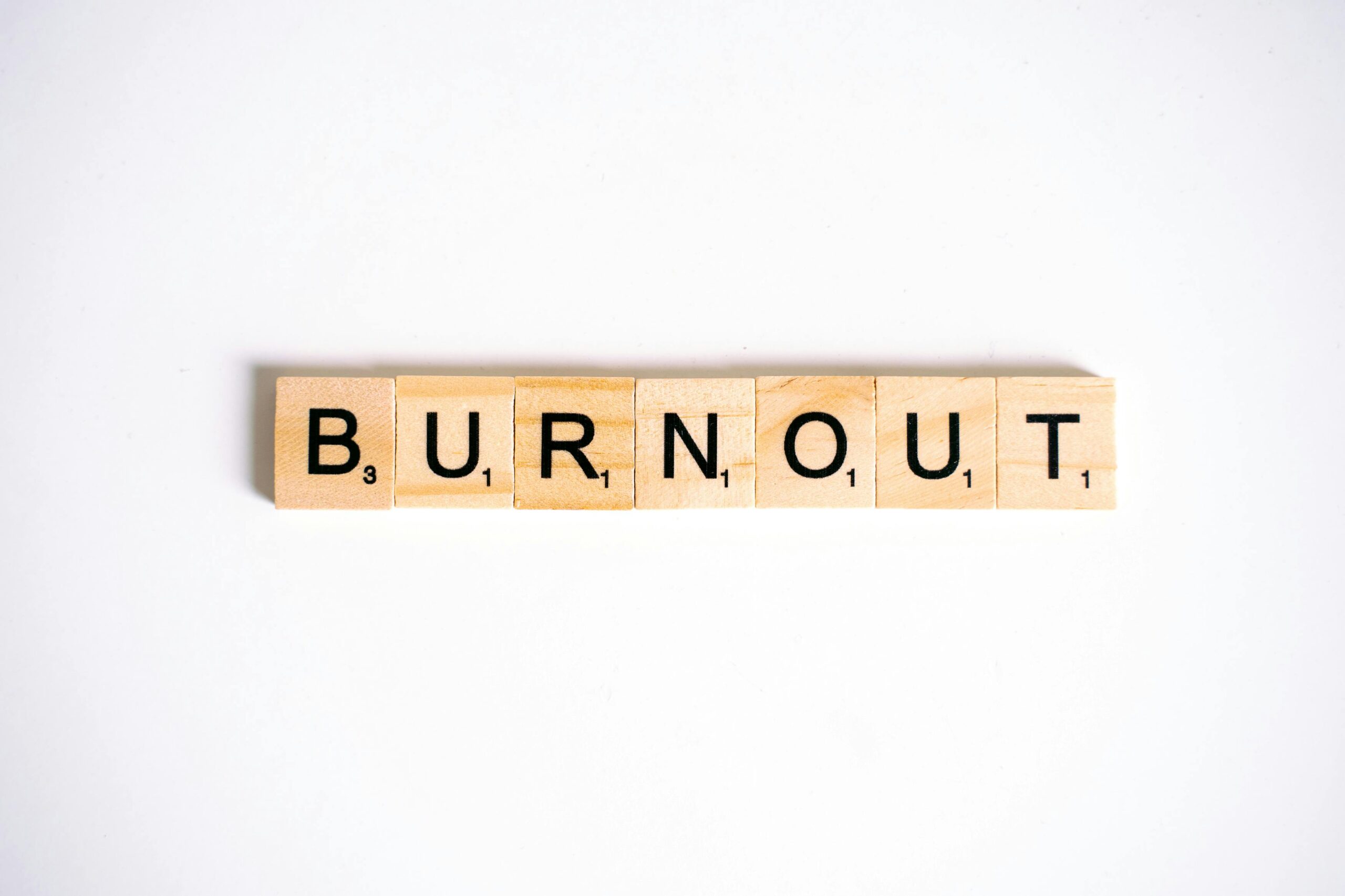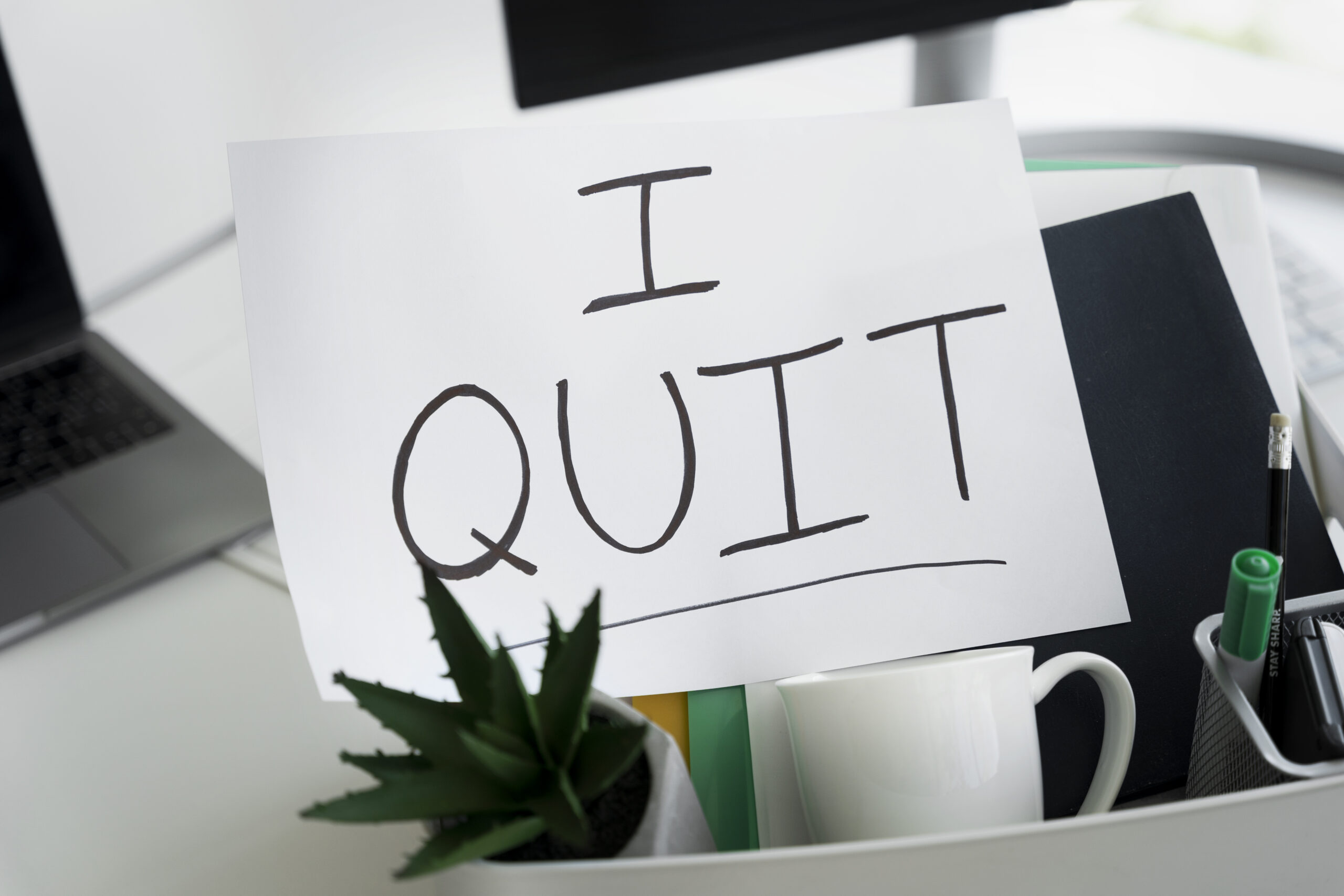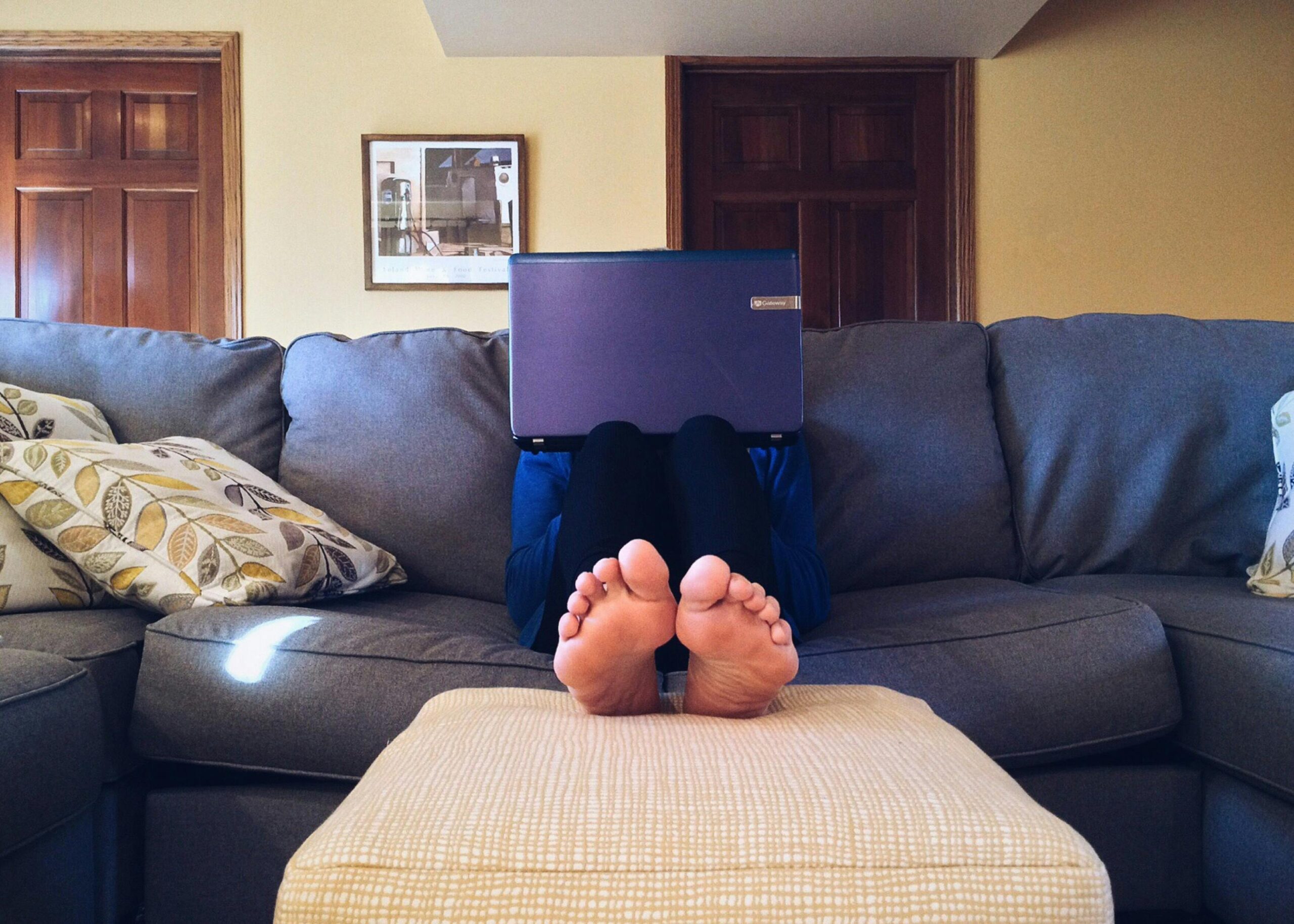While some stress and pressure are a normal part of any job, when it builds up over time into burnout, it can have serious effects on both your physical, and mental health.
As an employee, you are legally entitled to a safe environment that promotes and upholds your well-being. If you’re facing severe burnout, it’s important to know your rights, and how to address the situation.
What is Workplace Burnout?
Workplace burnout is a state of chronic physical and emotional exhaustion, often caused by prolonged stress in the workplace. It is characterised by feelings of overwhelm, resulting in a lack of passion and motivation.
Employees experiencing burnout may feel disengaged from their work, have difficulty concentrating, and suffer from physical symptoms like fatigue, headaches, and sleep disturbances.
Burnout can occur due to a variety of factors, such as:
- Excessive workloads or unrealistic expectations
- Lack of control over work or decision-making
- Poor work-life balance
- Inadequate support from management or colleagues
- Workplace bullying or harassment
While burnout is not officially recognised as a medical condition, it can lead to serious health problems like anxiety, depression, and other mental health issues.
Your Legal Rights as an Employee
Under New Zealand law, employees have rights under certain legislation that can protect them from the harmful effects of workplace burnout. These acts include the Health and Safety at Work Act 2015, the Employment Relations Act 2000, and the Human Rights Act 1993.
Below are some key legal protections and entitlements relevant to burnout.
1. Health and Safety at Work
Employers have a legal obligation under the Health and Safety at Work Act 2015 to ensure the health and safety of their workers. This includes managing the risk of stress and burnout in the workplace.
Employers are required to identify, assess, and manage hazards that could harm an employee’s mental or physical health, including excessive workload or poorly managed stress. If your workplace is contributing to burnout or mental health issues, your employer should take action to prevent or reduce these risks.
This could involve offering support, adjusting workloads, or making changes to the work environment. If your employer is not taking steps to mitigate these risks, you may be able to file a complaint with WorkSafe, or take legal action.
2. Right to Sick Leave
If burnout has taken a toll on your physical or mental health, you have the right to take sick leave. Full-time employees are entitled to 10 days of paid sick leave per year after 6 months of continuous employment, and part-time employees are entitled to sick leave on a pro-rata basis.
Sick leave can be used for both physical and mental health issues. If you are feeling overwhelmed, exhausted, or unable to perform your duties, you have the right to take time off to recover.
It’s important to inform your employer and provide a medical certificate if requested, particularly if you’re taking multiple days off, or if your absence extends beyond 3 days. If you need extended leave due to burnout, your employer should discuss options with you, such as extended sick leave, annual leave, or special leave.
3. Duty of Care
Employers have a duty of care to provide a safe and healthy work environment.
If you believe your burnout is the result of unreasonable work demands, lack of support, or unsafe work conditions, your employer is required to take appropriate steps to address the issue.
If you feel that your employer has not provided adequate support, or has allowed conditions that led to burnout, you may have grounds for a personal grievance. This could include claims of harassment, discrimination, or failure to meet health and safety obligations.
4. Discrimination and Harassment
Workplace burnout can be worsened by discrimination or harassment.
If you feel that you are being unfairly treated due to a protected characteristic, such as age, gender, ethnicity, disability, or any other factor under the Human Rights Act 1993, this could be contributing to burnout.
In such cases, you have the right to lodge a discrimination complaint with the Human Rights Commission, or pursue a personal grievance if the harassment or discrimination is affecting your wellbeing.
Employers are legally required to investigate complaints of harassment and take steps to address the situation, which may include providing additional support, changing work practices, or taking disciplinary action against perpetrators.
5. Reasonable Adjustments
If burnout is affecting your ability to perform your job, you may be entitled to reasonable adjustments under the Employment Relations Act or the Human Rights Act.
This could involve adjustments to your work hours, responsibilities, or work environment to help you manage your condition and prevent further deterioration of your health. For example, your employer may offer you a temporary reduction in workload, additional rest breaks, or changes to your workspace to reduce stress.
If your burnout is linked to a medical condition (such as anxiety or depression), your employer may be required to provide reasonable accommodations to help you remain in the workforce while recovering.
Conclusion
Workplace burnout is a serious issue that can have long-lasting effects on an employee’s health and wellbeing.
Employees are protected by a range of legal rights that ensure they can take time off for recovery, seek reasonable adjustments, and work in a safe and supportive environment.
By communicating openly with your employer, seeking medical advice, and knowing your legal protections, you can take the appropriate action to address burnout and safeguard your health, both mentally and physically.
Need some Employment Advice?
Our expert team at Mahi Law will help you understand your employment rights, and pursue resolution (including compensation) through various channels, such as: Without prejudice negotiations, mediation, the Employment Relations Authority, or Employment Court if required.
We also work on a no-win, no-fee basis – if we win your case, your employer covers the costs.
Get in touch for a free consultation! You can fill out this form – or contact us at admin@mahilaw.nz, or 0800 450 032.
Follow us for more tips and insights → Instagram | LinkedIn | Facebook | TikTok



